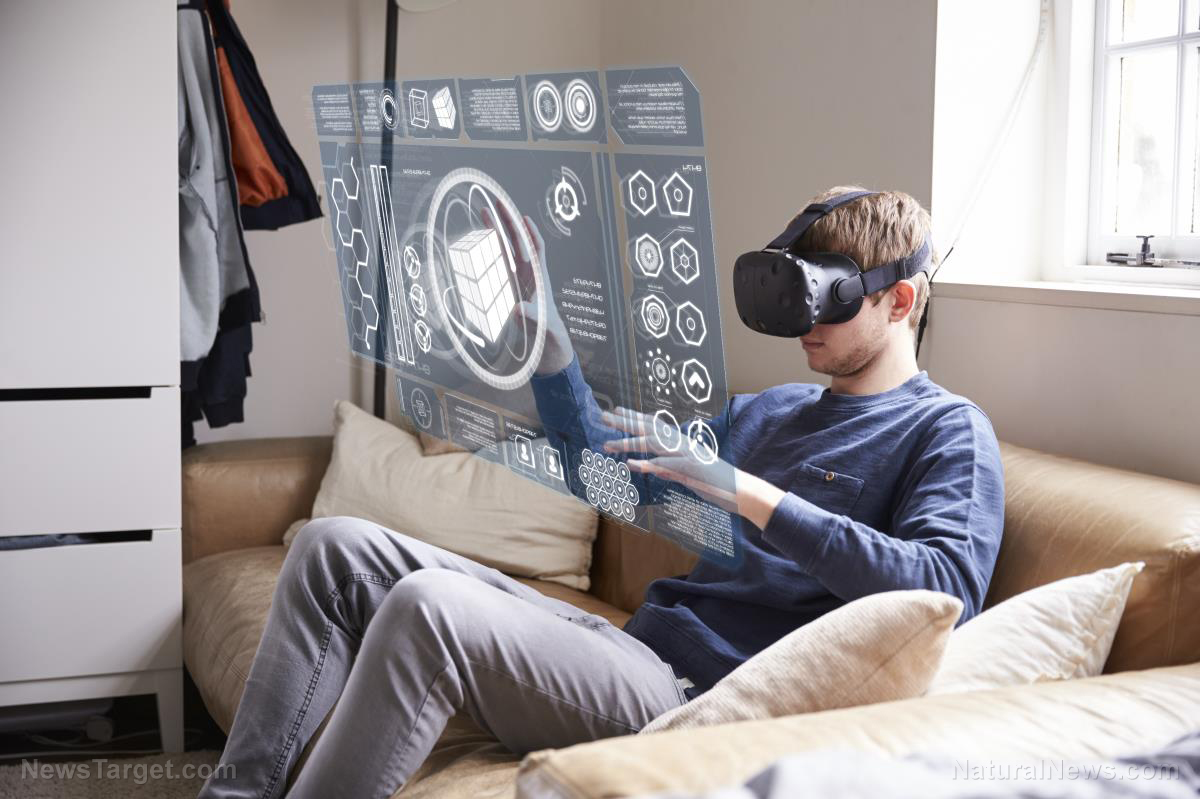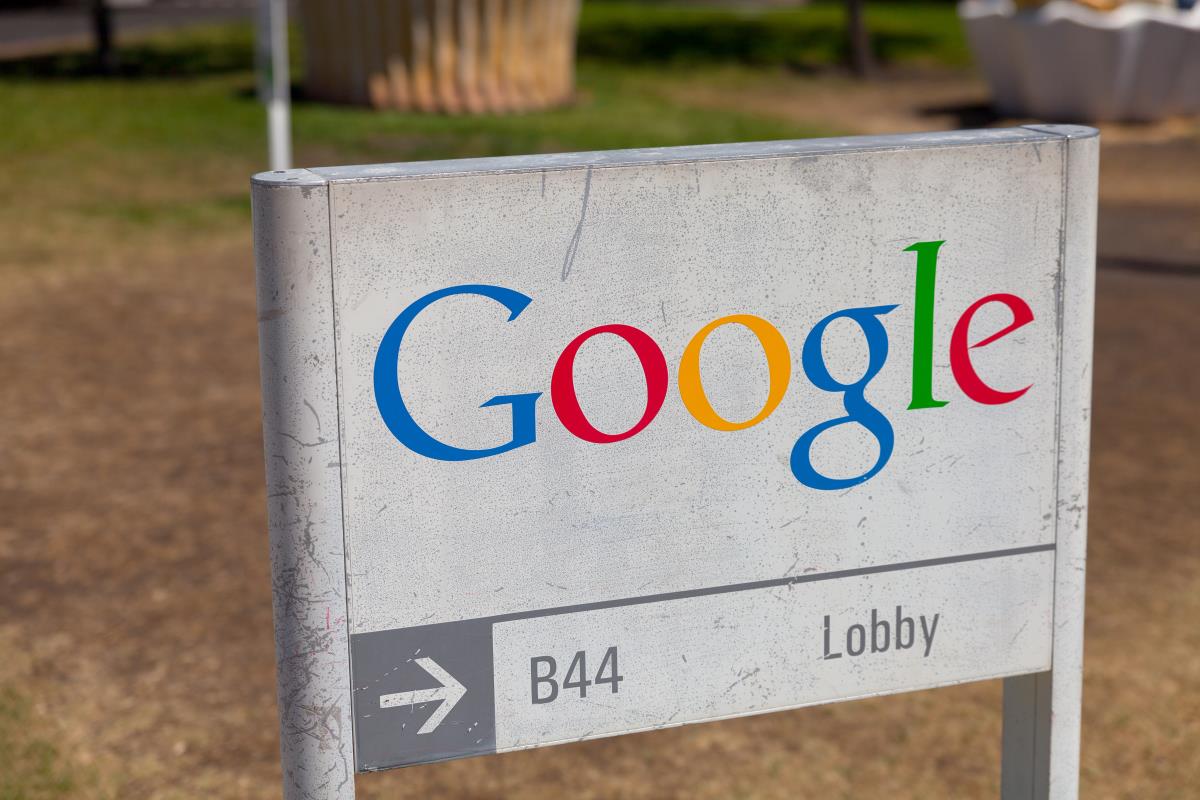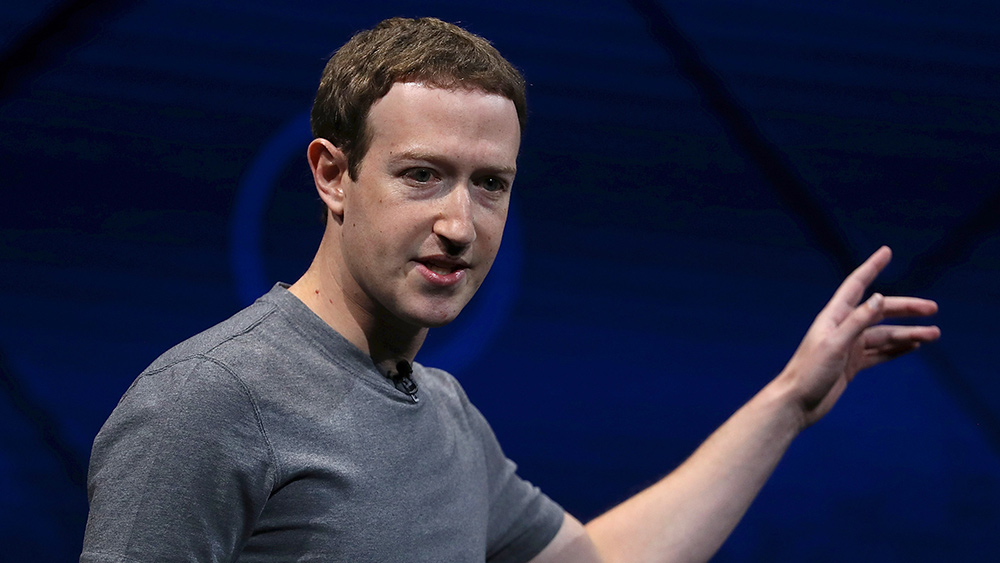Mark Zuckerberg’s Meta to launch classroom version of its VR Quest headset
04/24/2024 / By Zoey Sky

Mark Zuckerberg’s Meta, parent company of social media platforms Facebook and Instagram, will launch a new product line for its virtual reality Quest headset targeted at teachers and their students.
While the update seems beneficial for educators and young students, there’s also the possibility that the technology can be abused to indoctrinate or spy on students using Meta’s VR Quest headsets.
According to Meta, it will launch the classroom version of its Meta Quest late in 2024. The VR goggles will allegedly feature apps and controls aimed at classrooms.
In a blog post, Meta’s President for Global Affairs Nick Clegg explained that with the upcoming VR headsets for students, teachers can save time because they can manage multiple devices at once. Clegg added that the new VR headsets will allow students to start their virtual lessons immediately.
Clegg shared that the new product’s name and features will be announced soon before it is launched within the year.
However, Meta’s upcoming VR product will not be available at primary schools. Even though children can use the headsets, Meta explained that the educational version will be limited to students aged 13 and over. The announcement is in line with the recently lowered age limit for Meta’s online social VR platform, Horizon Worlds.
Clegg also assured schools and parents that children using the VR headsets “would be protected in virtual settings with robust safety controls.”
In an interview, Clegg said the gadgets won’t be used in the classroom unless teachers feel that “they have complete visibility and control of what’s going on.” He added that Meta also ensured that parents, especially those with younger kids, feel in control of the tech when used in an educational setting.
Meta will use a feature called “shared mode” that prevents children from accessing the Meta Quest store to download new apps or games. Children will also be safe while using the VR headsets because other users will “not know the identity of the school user.”
In the promotional video featured on Clegg’s post, a teacher and a student explored an artifact in an Egyptian pyramid while another pair named the individual structures of a human cell. The last scenario showed both a teacher and a student wearing VR headsets to study the components of a wind turbine.
Based on the video, the VR headsets will give users impressive photorealistic visuals, a stark contrast to the cartoonish visuals of Meta’s VR games and avatars.
Clegg has also claimed that Meta’s VR tech can improve students’ performance, along with their levels of engagement, attendance and satisfaction. He cited a 2022 report where researchers found that students who learned in VR had an average final test score of 85, compared to 78 in person.
According to another survey that Clegg cited, which was conducted by an organization that focused on mixed reality technologies like VR, at least 77 percent of teachers think that VR headsets and similar tech can help “ignite curiosity and improve engagement in class.”
VR tech has negative side effects and can be used for the wrong reasons
Because Clegg was promoting Meta’s new product, he didn’t talk about the many negative side effects of VR tech. For example, many users have said that wearing a VR headset for extended periods causes side effects like eye strain, headaches and even nausea.
Additionally, VR is isolationist by its very nature because it blocks out the outside world. A child who plays or studies with a VR headset may have impaired social skills, especially if they end up preferring using it on their own instead of studying, playing and interacting with other children their age.
There is also the matter of accessibility. VR headsets and software aren’t cheap, and this can potentially create a digital divide within schools where some students have access and others don’t.
Some students might have difficulty using the technology because of minor and severe physical limitations or disabilities. (Related: Chilling report: Smart toys pose privacy risk to children and families.)
Thanks to the quick advancement of technology, some children have already tried VR devices at home. But even though many children have already experienced it, they’re not used to seeing it in classrooms.
According to the results of a 2023 survey of children aged eight to 17 by the Children’s Commissioner for England, 46 percent of kids reported that they had used a VR headset, but only four percent said that they had used the tech at school.
However, VR headsets might become a more common sight once the Apple Vision Pro reaches store shelves around the globe.
Meta has staked its entire brand on VR, or the metaverse as it is also called. Despite flagging sales, Meta has started to advertise VR for specific use cases.
A business of the company’s VR tech version is already available for workplaces, including hospitals. Meta also sells a Pro headset aimed at power users and developers.
Meta’s Chief Technology Officer Andrew Bosworth recently said that the company is also considering the development of a VR device for fitness enthusiasts.
But parents and teachers must think twice before allowing Meta’s VR tech into classrooms. According to a study by the British National Society for the Prevention of Cruelty to Children, pedophiles also use online VR spaces to exploit children both on the internet and, eventually, in the real world.
Visit VirtualReality.news for more stories about the impact of VR technology.
Watch the video below as Health Ranger Mike Adams talks about how virtual reality can collapse cities.
This video is from the Health Ranger Report channel on Brighteon.com.
More related stories:
How smartphone addiction affects brain function and mental health.
EU plans to monitor private online chats under the guise of combating child abuse.
Meta MADNESS: World Economic Forum to have leadership role in the metaverse.
MIT professor claims we are likely living in “The Matrix” – quick, take the red pill.
Sources include:
Submit a correction >>
Tagged Under:
big government, Big Tech, campus insanity, computing, cyber war, Dangerous, education system, future tech, Glitch, information technology, inventions, mark zuckerberg, meta, Nick Clegg, products, public education, tech giants, technocrats, Virtual reality, VR headsets
This article may contain statements that reflect the opinion of the author
RECENT NEWS & ARTICLES
COPYRIGHT © 2017 TECHNOCRATS.NEWS
All content posted on this site is protected under Free Speech. Technocrats.news is not responsible for content written by contributing authors. The information on this site is provided for educational and entertainment purposes only. It is not intended as a substitute for professional advice of any kind. Technocrats.news assumes no responsibility for the use or misuse of this material. All trademarks, registered trademarks and service marks mentioned on this site are the property of their respective owners.




















